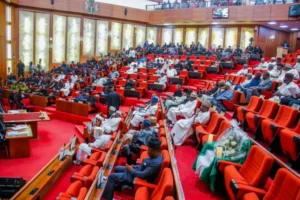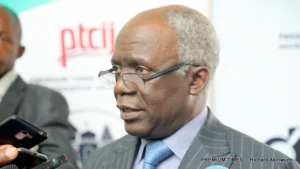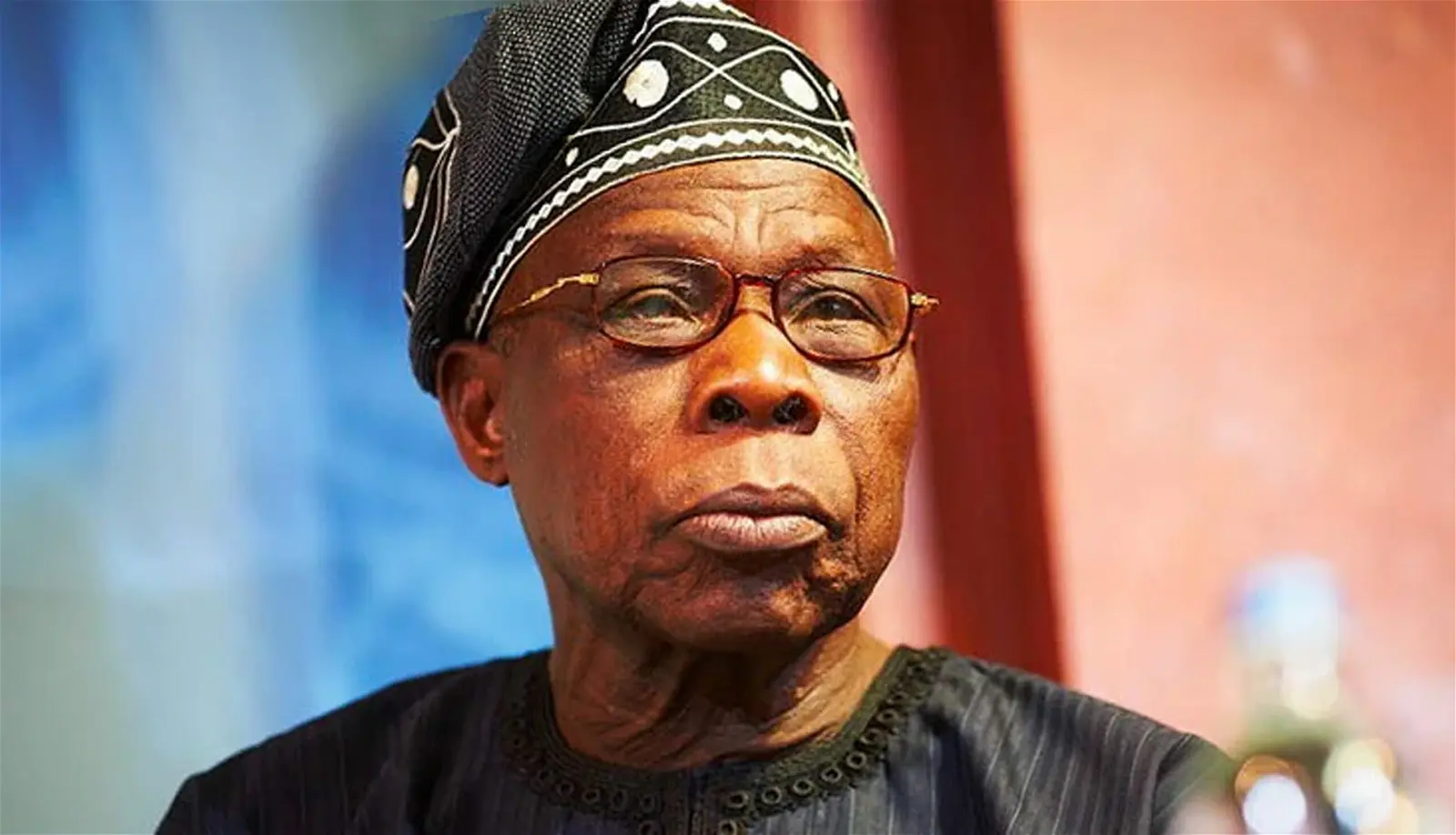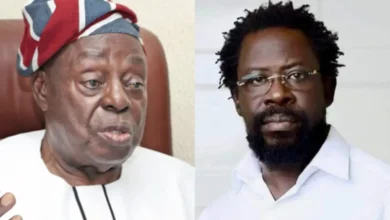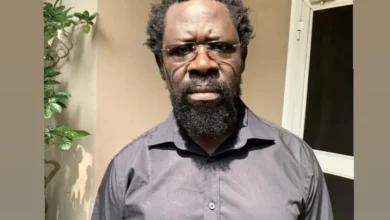Tampering with LGs’ funds impeachable offence – Nigerian govt

The Federal Government will move against states enacting laws that are directed at circumventing the July 11 judgment of the Supreme Court on financial autonomy for the Local Governments, the Attorney General of the Federation (AGF) and Minister of Justice, Lateef Fagbemi (SAN) has said.
Fagbemi said the Federal Government will not hesitate to initiate contempt proceedings against such states while their Attorneys General would be referred to the Legal Practitioners Disciplinary Committee (LPDC) for misconduct.
He said: “I am aware that some states have embarked on the promulgation of legislations which appear to be antithetical to the tenets or tenor of the judgment of the Supreme Court.
“My simple point is that the states concerned are advised not to tread within the precinct of contempt of court. And, my colleague at the sub-nationals should not also invite the attention of Legal Practitioners Disciplinary Committee for misconduct,” Fagbemi said.
He spoke in Abuja yesterday at the 2024 National Conference of the Abuja chapter of National Association of Judicial Correspondents (NAJUC).
Fagbemi warned governors and council chairmen against tampering with Local Govt funds because of the grave implications.
For governors, Fagbemi said by the July 11 judgment of the Supreme Court, tampering with Local Govt funds amounts to gross misconduct and an impeachable offence.
For the council chairmen who misappropriate or misapply LG funds, he said they would be prosecuted because they do not enjoy immunity in the Constitution.
In his paper, titled: “Aftermath of Supreme Court judgment on Local Government financial autonomy: what next? the AGF said, “by the July 11, 2024 judgment of the Supreme Court, which granted financial autonomy to Local Govts in the country, any governor who tampers with the finances of the LGAs in his state is seen to have committed a gross misconduct, which is an impeachable offence”.
Fagbemi said the suit on which the Supreme Court gave the July 11 judgment was intended to liberate the Local Govts from the strangle hold of the governors and promote development at the grassroots.
He said he was aware of the fear being expressed about the continue influence of the governors on the Local Govts because they still supervise the conduct of LG elections.
He said the Fed Govt was being methodical in its approach to ensuring that the Local Govts are allowed to function as the third level of government as envisaged by the Constitution.
The AGF said: “We are not resting on our oars. If we don’t have any meaningful response, we may also invite the Supreme Court to also look at the Constitution and see whether they should be allowed to continue to conduct LG election in the form that we have presently.
“It does not give anybody any joy to drag any of the sub-nationals to court. Our expectation is that the sub-nationals should allow the law to take its course,” he said.
Fagbemi identified some of the constitutional roles of the Local Govts, urged council chairmen and other officials to prioritize their constitutional duties.
“Primary education must be accessible to every child. Pregnant women and infants must receive quality healthcare, and the vulnerable in the society must benefit from sustainable welfare programmes,” he said
He noted that the financial autonomy granted to local governments by the Supreme Court was designed to empower them to carry out their responsibilities effectively.
He said, any debt incurred by governors, in relation to the official function of state government must be handled by the state, it should not be shared with the local government areas, as such projects are not the constitutional responsibilities of local governments.
Fagbemi added: “It is expected that, having become divorced of the financial dependency on the state government, more people today should be involved in grassroots politics to ensure effective governance from bottom up.”
He said it is the intention of the President Bola Tinubu administration that the dividends of democracy affect everyone irrespective of location and status.
Fagbemi said the time for Nigerians to begin to demand accountability and good governance from all tiers of government is now.
“Good governance is a collaborative effort as constitutionally mandate or required of every tier of government in Nigeria,” he said.
Fagbemi said the judgment of the Supreme Court, granting financial autonomy to the LGs has ignited the emaciation of that tier of government, which the FG will continue to improve upon.
The Chief Justice of Nigeria (CJN), Justice Kudirat Kekere-Ekun emphasised the importance of independent media and judiciary to the sustenance of any democracy.
Justice Kekere-Ekun identified some inadequacies in the operations of the media and called for fairness and accuracy in the reportage of court proceedings and decisions.
The CJN, who was represented by the Secretary of the National Judicial Institute (NJI), Abdullaziz Olumo noted that while the judiciary serves as the guardian of justice, equity and the rule of law, the media act as the conscience of the society, dissenting information shaping public opinion and ensuring accountability.
She said the media is entrusted with the responsibility of informing the public about judicial activities and that, the judiciary relies on accurate and ethical reportage to enhance public confidence in its work and described the media as a critical partner of the judiciary in advancing democracy.
The CJN expressed concern over sensationalism in news reporting, which she said distorts facts and undermines public confidence in the judiciary.
She further highlighted the dangers of “trial by media,” where premature narratives prejudge cases, sometimes infringing on constitutional rights. She referenced the landmark U.S. case of Sheppard v. Maxwell (1954), where excessive media interference led to the overturning of a conviction due to the denial of a fair trial.
Human Rights lawyer, Professor Mike Ozekhome (SAN) decried the frequent attacks on judges by Nigerians, but urged judicial officers to see their roles of sacred responsibilities which must not be associated with misconduct.
Ozekhome said: “If you are dissatisfied with a judgment, go on appeal rather than writing petitions to scurilise the names of judges, who have wives or husbands; they have children, they have relations.
“The Judiciary must rescue itself. Judges must eschew corruption in whatever form, by whatever name, however beautifully dressed in royal garment, so that when we are defending them, we will be on sure footed ground.
“There is a difference between criticising a court for a judgment delivered and going for the jugular of the judge in his personal capacity, a man or woman who cannot defended him or herself,” he said.
He cautioned against the practice where judges, who are promoted, engage in open celebration that accommodate politically exposed persons, whose presence could convey wrong signal to members of the public.
Ozekhome commended the Judiciary for its contributions to the sustenance of the nation’s democracy and ensuring peace in the society.
He stated that without the Judiciary the nation would have crumbled, arguing that the third arm of government remains the best among the three arms of government.
He said: “The Judiciary, in spite of all the problems were are taking about, still remains the best out of the three arms of government.”
The Chief Judge of the Federal High Court, Justice John Tsoho commended the media for its ability to communicate court’s proceedings and decisions to members of the public.
He however called for fairness and accuracy in media reports of court’s dealings to avert cases of misrepresentation.
The chairman of the judiciary correspondents, Abuja chapter, Mr Kayode Lawal said, the Supreme Court judgment on Local government financial autonomy was incisive and well researched and has brought a new lease of life to the third tier of government in the country.
The NAJUC Chairman said, the theme of the conference, along with other sub-themes, were carefully chosen as Nigerians are expecting a turn around from the outcome of the Supreme Court judgment.
Lawal express discomfort about whether he described the ugly trend of conflicting judgments and orders on virtually the same issues and same parties by courts of coordinate jurisdictions and added that, it is worrisome, sad and regrettable that the ugly development has continued unhindered in spite of warnings from several quarters.
“More worrisome is the fact that there is the general perception that public confidence in the nation’s justice delivery has continued to wane in view of some untoward conduct of lawyers and judges,” he said.
The Nation
| Join our new WhatsApp community! Click this link to receive your daily dose of NEWS FLASH content. We also treat our community members to special offers, promotions, and adverts from us and our partners. If you don’t like our community, you can check out any time you like. |


